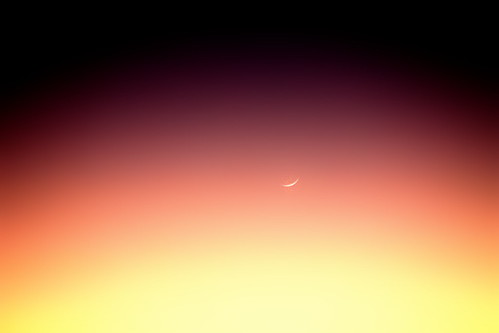
A Lunar eclipse occurs when the Moon passes directly behind the Earth into its umbra (shadow). This can occur only when the Sun, Earth, and Moon are aligned (in "syzygy") exactly, or very closely so, with the Earth in the middle. Hence, a lunar eclipse can only occur the night of a full moon. The type and length of an eclipse depend upon the Moon's location relative to its orbital nodes.
Unlike a solar eclipse, which can only be viewed from a certain relatively small area of the world, a lunar eclipse may be viewed from anywhere on the night side of the Earth. A lunar eclipse lasts for a few hours, whereas a total solar eclipse lasts for only a few minutes at any given place, due to the smaller size of the moon's shadow. Also unlike solar eclipses, lunar eclipses are safe to view without any eye protection or special precautions, as they are dimmer than the full moon.
Ancient Aborigines understood eclipses
Stuart Gary ABC

Images @ Eminpee Fotography
No comments:
Post a Comment